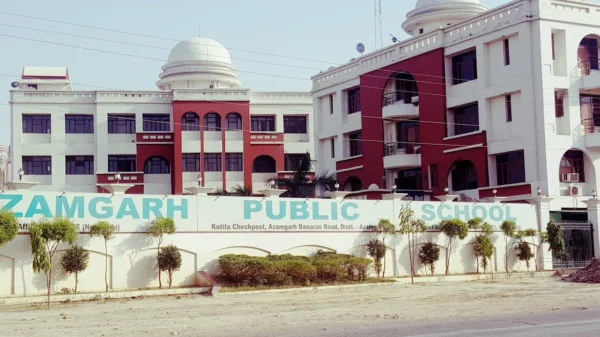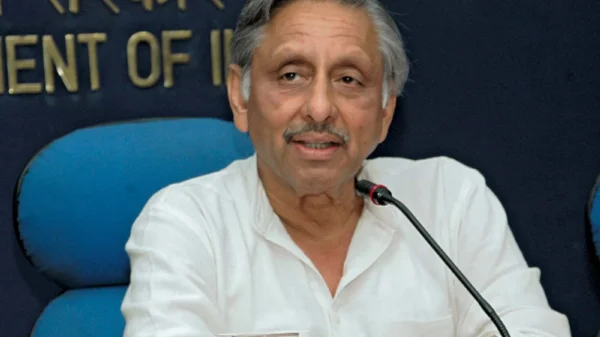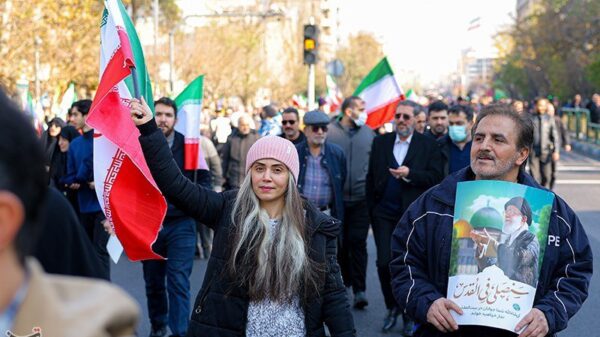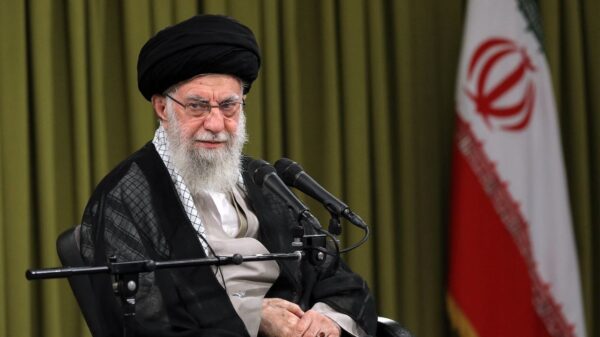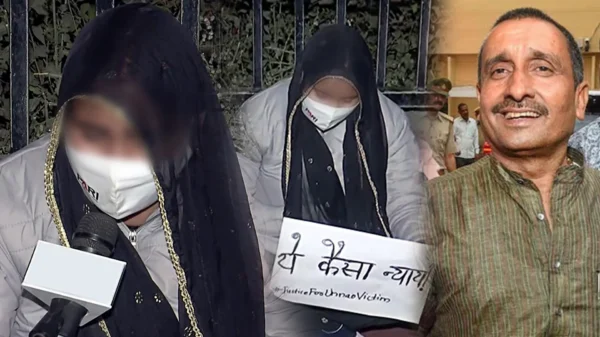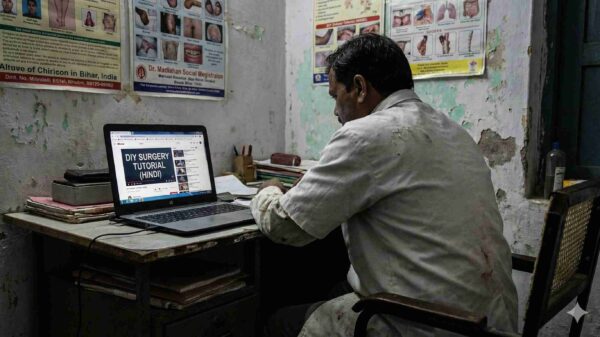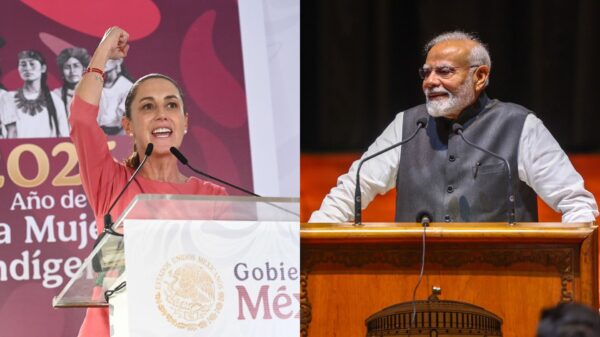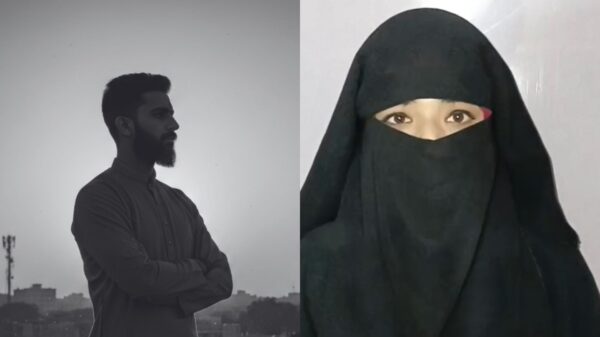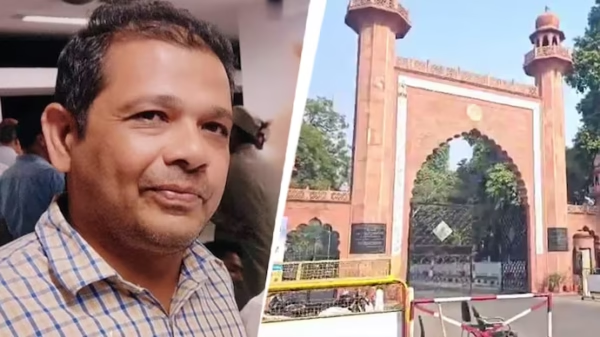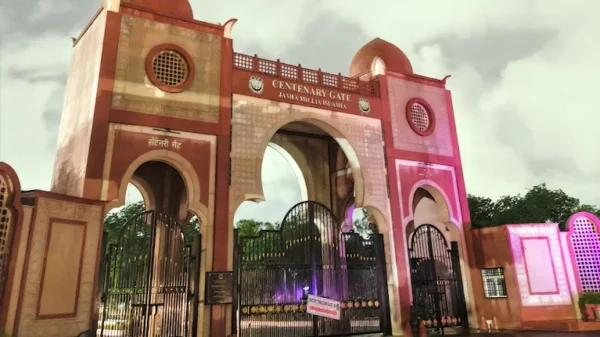Former Bangladesh prime minister Sheikh Hasina was sentenced to death on Monday after a special tribunal found her guilty of “crimes against humanity” linked to the 2024 student uprising. The ruling has brought relief to the families of those killed during the protests, but it comes at a time when Hasina continues to live in exile in India.
Reading out the verdict, Judge Golam Mortuza Mozumder said the court had found Hasina guilty on three major counts, including inciting violence, ordering killings and failing to prevent the brutality carried out during the crackdown. “We have decided to inflict her with only one sentence, and that is the sentence of death,” the judge declared.
Alongside Hasina, former interior minister Asaduzzaman Khan Kamal also received a death sentence. Former Inspector General of Police Chowdhury Abdullah Al Mamun, who admitted his role earlier and cooperated with investigators, was sentenced to five years in prison.
According to the tribunal, Hasina and her aides were responsible for severe abuses during the student movement. These acts include the mass killing of protesters in Dhaka, the use of helicopters and drones to fire on crowds, the murder of student activist Abu Sayed, burning bodies in Ashulia to destroy evidence and the coordinated shooting of demonstrators in Chankharpul.
Hasina rejected the charges, calling the ruling “rigged” and “politically motivated.” She said the case was driven by a “kangaroo court” set up to target her. In contrast, the interim government led by Muhammad Yunus praised the decision. “The courts of Bangladesh have spoken with clarity. The conviction affirms a basic principle: no one, no matter how powerful, is above the law,” the chief adviser said.
Both Hasina and the former interior minister were tried in their absence, as they fled Bangladesh following the uprising in August. Soon after the verdict, Dhaka formally requested India to extradite the two leaders, claiming that India is bound by the countries’ existing treaty. India responded by saying it had taken note of the ruling and emphasised that it remains committed to peace, democracy and stability in Bangladesh.
The United Nations also reacted, calling the ruling an important moment for victims but expressing regret over the death penalty. A spokesperson for the UN rights office said the organisation always insists that trials involving international crimes must meet the highest standards of fairness. “We regret the imposition of the death penalty, which we oppose in all circumstances,” the spokesperson said.
What happens next will depend largely on India’s response to the extradition request. Bangladesh has warned that granting asylum to the convicted leaders would be “a grave unfriendly act.” The tribunal has already said it will begin seizing Hasina’s property as part of its next steps.
Hasina can appeal the verdict, but only if she is arrested or voluntarily returns to Bangladesh within thirty days. If she ignores the summons, the court can declare her a fugitive, cancel her passport and seize her assets. Dhaka may also escalate its efforts by seeking an Interpol red notice.









